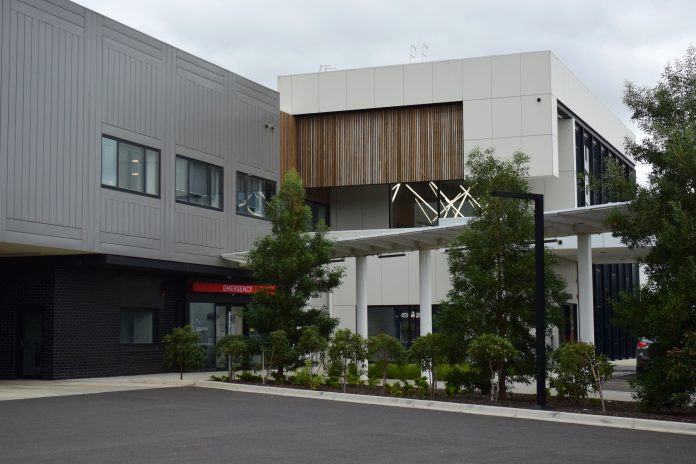Tessa Randello
Latrobe Regional Hospital has made plans for the imminent arrival of the first COVID vaccines into the Latrobe Valley.
LRH chief operating officer Don McRae said the Pfizer vaccine is expected to arrive at the end of March.
“There will be two vaccines, but the Pfizer vaccine requires storage at negative 70 degrees, so it needs specialty handling,” he said.
“LRH has been designated as one of the nine hubs in Victoria which will get that vaccine.
“The Pfizer vaccine is coming to Australia before the AstraZeneca vaccine, so it will be reserved for the at-risk workforce and vulnerable people, and only administered at LRH.
“The Pfizer vaccine will come into Australia on February 22, but we are not expecting it here until the end of March.
“It’s really great for Gippsland people because it gives them access to the vaccine early.”
Mr McRae said the hospital will also receive supply of the AstraZeneca vaccine which “is stored like a normal vaccine in the fridge” and will be more widely available.
The AstraZeneca vaccine will also be available from other health service providers.
“We will be starting off (giving the Pfizer vaccine) to the higher risk workers, people in the vaccination program the rapid response testing, public health response, then moving on to ED and in our COVID areas and the operating suite,” Mr McRae said.
“Once we have our healthcare workers protected we will move onto the general public around April.
“This vaccination program will go until the end of November to December where we will hopefully have sufficient numbers in the community to have herd immunity.
“Once open to the general public, we will be targeting more aged and vulnerable people.”
Ms McRae said LRH would work with health services across the region to make a workforce plan for the “complicated” vaccine rollout.
“It’s not about just lining people up and giving them a vaccine,” he said.
“You have to have people’s details, you need to do pre-screening, you need to be able to observe them, you need staff on board in case there is an emergency.
“And for the Pfizer vaccine, we have to select a site that is large enough, because once you thaw the vaccine it has to be used in a short timeframe and we have to be able to arrange that.”
But, Mr McRae said the vaccine rollout was something the general public as well as healthcare workers have been excited about.
“It’s been a stressful time for our staff in particular,” he said.
“They have been putting themselves at risk on a daily basis and I can tell you that they are very looking forward to the commencement of the vaccine rollout.
“People are looking forward to it to get back to a normal lifestyle and it will be a huge job.
“There are over 260,000 people in Gippsland alone and it will take us a good 12 months to get on top of this vaccine program and make sure that we have enough people vaccinated to protect us from large scale outbreaks.”











